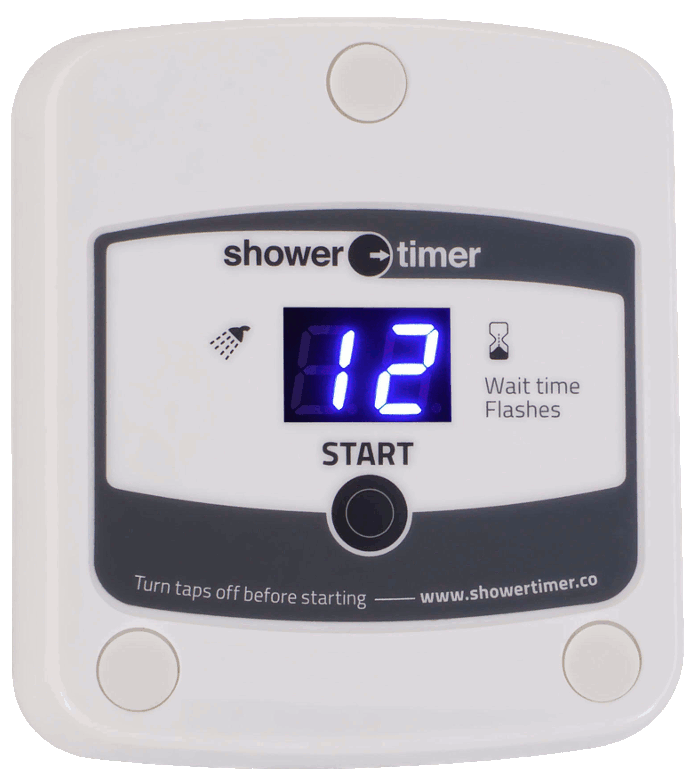 Saving Water
Saving Water
Our society is increasingly aware of the need for saving water. A significant amount of this commodity is used in the shower where most people enjoy the comforting sensation long after the time required to effectively clean the body. The owner of the establishment pays for the cost of this wasted water and for the heating thereof, and it is recognised that ultimately the cost to our society will be a major problem.
Studies have shown that in the average Australian household approximately 30% of the total water used goes down the bathroom drains. Most of this is from showers. Shower Timer is an effective method of saving water.
Restricted flow shower heads are designed for saving water and there have been numerous devices designed to time the shower. One water saving device provides a visual display for the user in the form of a timer fixed to the wall in the shower. Other water saving devices have incorporated an audible signal, some in conjunction with a visual indication of time elapsed. There are water saving devices available which shut off the water supply after a pre-determined time. However, the user can re-start the shower immediately and therefore, as a controller, even this device is severely limited. Indeed, none of these water saving devices provide effective control.
Shower Timer is a water saving device which not only indicates the remaining shower time visually and audibly and ultimately shuts off the water but also prevents an immediate follow on shower, thus saving water and heating cost.
Surveys have determined that the average shower time in the family home is more than twice the time reasonably required for washing the body, the hair and cleaning the teeth. Most people can easily achieve this in less than six minutes but the average shower time exceeds twelve minutes. The flow rate from showers varies from 8 litres per minute to as much as 35 litres per minute. A twelve minute shower using 12 litres per minute will use a total of 144 litres of water. The Shower Timer set to six minutes will achieve water savings of 72 litres per shower. In a home where five showers are taken per day, that is an annual water saving of over 130,000 litres and a potential heating saving of more than $1,000. See Saving Gas and Saving Electricity.
To calculate the potential water saving and heating cost of your shower, download our Savings Calculator.
For more information on saving water and water conservation, you might find our Industry Links page helpful.


